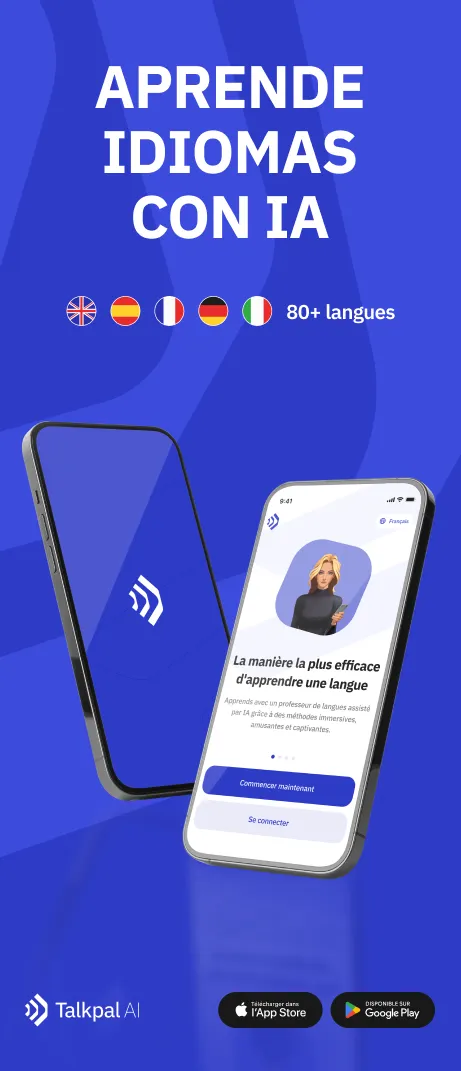Exercice 1 : Choisissez la bonne forme du verbe au futur en gallois
2. Fe *byddaf* i’n gweithio yfory bore. (Indice : première personne singulier du futur du verbe « gweithio »)
3. Fe *byddi* nhw’n dod i’r parti nos Sadwrn. (Indice : troisième personne pluriel du futur)
4. Fe *byddi* hi’n dysgu Cymraeg yn y dyfodol. (Indice : troisième personne singulier du futur)
5. Fe *byddwn* ni’n mynd i’r traeth yfory. (Indice : première personne pluriel du futur)
6. Wyt ti’n meddwl y *bydd* e’n hapus ? (Indice : « bydd » est utilisé avec « e » pour il au futur)
7. Mi *bydda i* yn bwyta cinio am 1 o’r gloch. (Indice : forme alternative pour première personne singulier)
8. Fe *byddwch* chi’n mwynhau’r ffilm heno. (Indice : deuxième personne pluriel du futur)
9. Fe *byddi* fo’n chwarae rygbi dros y penwythnos. (Indice : « fo » est une forme familière de « he »)
10. Ydych chi’n credu y *byddan* nhw’n dod ? (Indice : forme alternative pour troisième personne pluriel)
Exercice 2 : Complétez les phrases avec la forme correcte au futur du verbe entre parenthèses
2. Mi *bysa* hi’n bwyta gyda ni heno. (verbe : bod) (Indice : forme courte et familière)
3. Fe *daw* e i’r ysgol yfory. (verbe : dod) (Indice : troisième personne singulier)
4. Fe *gwnâi* hi gylchgrawn arbennig. (verbe : gwneud) (Indice : futur de « faire »)
5. Fe *byswch* chi’n gweld y ffilm heno. (verbe : bod) (Indice : deuxième personne pluriel)
6. Fe *gwnawn* ni ymweld â’r amgueddfa yfory. (verbe : gwneud) (Indice : première personne pluriel)
7. Mi *fydda* fo’n chwarae’r piano’n ddiweddarach. (verbe : bod) (Indice : forme familière)
8. Fe *gwnêi* i helpu dy ffrind yfory. (verbe : gwneud) (Indice : première personne singulier)
9. Fe *ddaw* nhw i’r cyfarfod yn hwyr. (verbe : dod) (Indice : troisième personne pluriel)
10. Fe *byddi* hi’n byw yn y dref newydd y flwyddyn nesaf. (verbe : bod) (Indice : troisième personne singulier)










